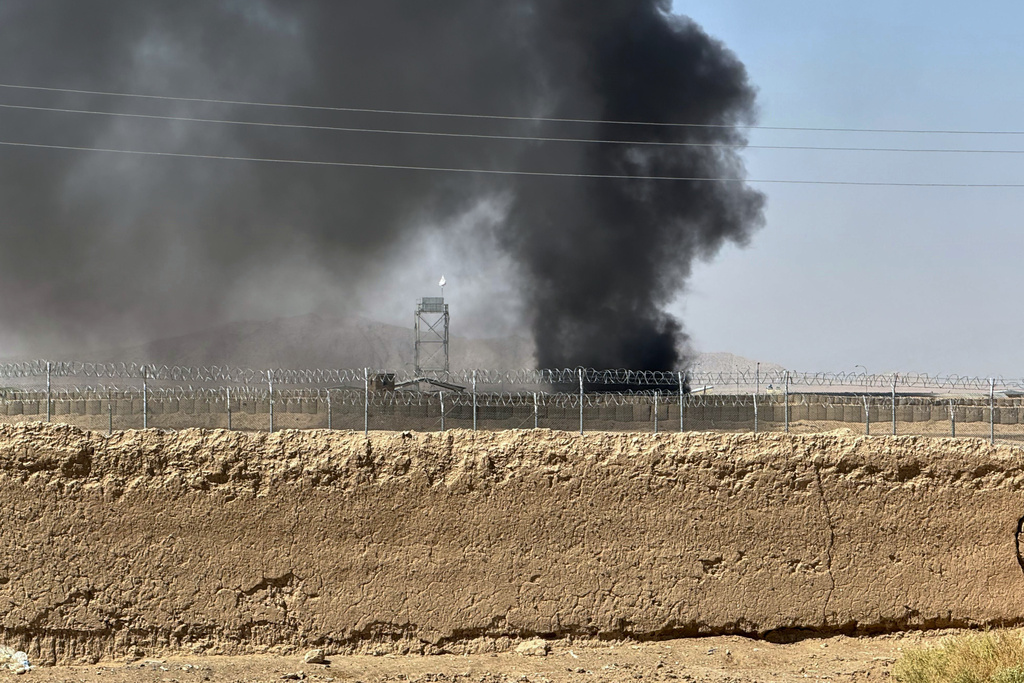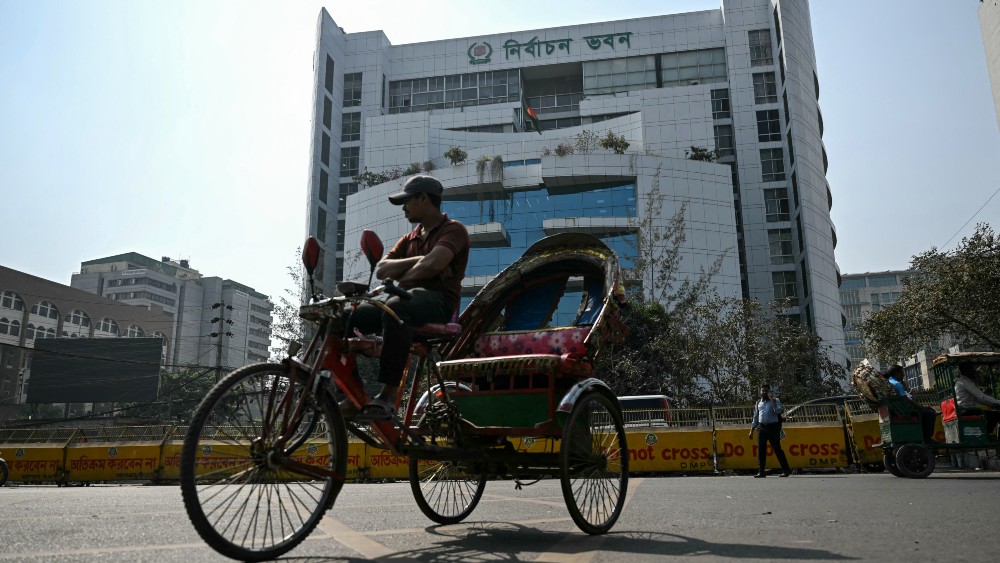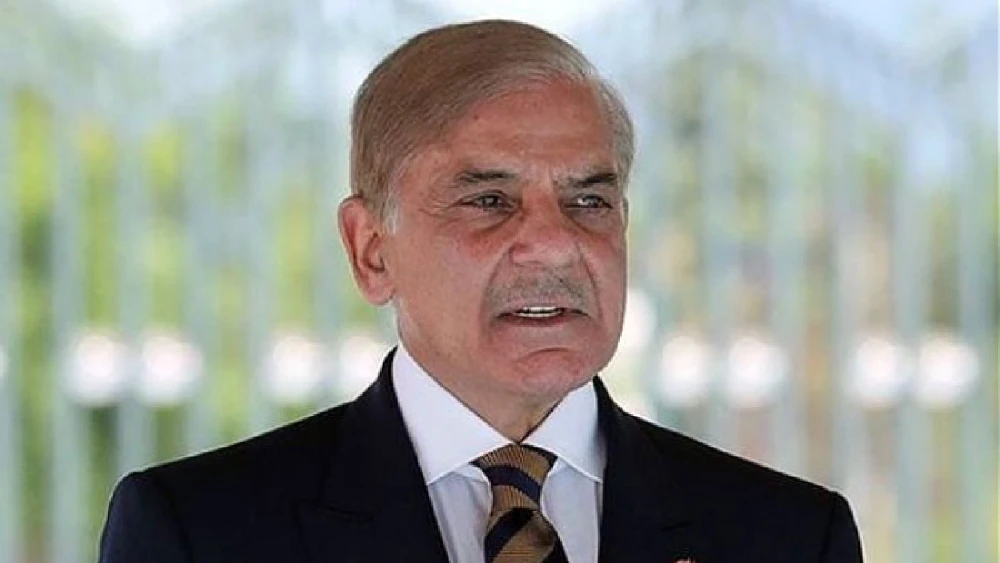ISLAMABAD: Following a temporary ceasefire, Pakistan and Afghanistan concluded high-level talks in Doha aimed at easing border tensions and strengthening counterterrorism cooperation, according to official sources.
An official statement outlining the outcomes of the discussions is expected soon.
The dialogue follows a series of violent incidents earlier this month that reignited hostilities along the Pakistan-Afghanistan border. Islamabad has voiced “serious reservations” over cross-border firing and militant activity allegedly originating from Afghan territory. Pakistani officials maintain that their recent retaliatory actions targeted militant hideouts and were conducted strictly in self-defense.
Pakistan has repeatedly warned that elements of the Tehreek-e-Taliban Pakistan (TTP) continue to operate from within Afghanistan, posing a direct threat to national security.
“Pakistan has exercised maximum restraint despite repeated provocations,” a senior security official told Pakistan TV Digital, adding that Islamabad expects Kabul to “fulfill its responsibility of preventing the use of Afghan soil for terrorism.”
‘Responsibility and respect’
Commenting on the Doha engagement, Ambassador Asif Durrani, Pakistan’s former special envoy to Afghanistan, described the ongoing tension as “mutually damaging” and urged both sides to act responsibly.
“This tension is bad, it’s bad for both countries. We should be living like good neighbors, and we must ensure that each other’s sovereignty is respected,” Durrani told Pakistan TV Digital.
He stressed that the Afghan Taliban government must ensure its territory is not used by militant groups.
“It is incumbent upon the Afghan Taliban to ensure that Afghan soil is not misused by the TTP or any other terrorist groups,” he added.
Reflecting on Pakistan’s long-standing support for Afghanistan, Durrani noted:
“We’ve been supporting Afghanistan through thick and thin for the past 46 years. We hoped that with the Taliban’s arrival things would improve, but they haven’t. The number and lethality of attacks from the Afghan side have increased, and that’s a source of concern for Pakistan.”
Durrani expressed cautious optimism about the Doha talks, emphasizing that Kabul must take concrete steps to rein in militancy.
“If the Taliban cannot control or disarm TTP groups, they should hand them over to Pakistan so we can deal with them according to our laws,” he said. “We should expect good sense to prevail when both sides come out of the meeting room.”
‘Core issue remains unresolved’
Regional security analyst Zia-ur-Rehman told Pakistan TV Digital that while the Doha dialogue marks progress, the fundamental challenge persists.
“The core issue remains unresolved: until Kabul acknowledges the TTP’s presence on Afghan soil and acts decisively against it, Islamabad’s security concerns will persist,” Rehman said.
He added that Pakistan’s decades-long policy toward Afghanistan has been “a double-edged sword.”
“From backing the mujahideen in the 1980s to supporting the Taliban’s rise in 1996, Pakistan’s strategy has shaped regional security,” he said. “But critics argue this approach has backfired, fueling militancy, straining border relations, and isolating Pakistan diplomatically.”
Test of political will
Diplomatic observers describe the Doha engagement as a renewed attempt to replace confrontation with dialogue, with both sides expected to outline a mechanism ensuring non-use of territory against each other and enhancing joint counterterrorism efforts.
While the final communiqué is awaited, officials on both sides acknowledge that the Doha process marks a critical opportunity to stabilize bilateral relations between two neighbors whose security and prosperity remain closely intertwined.


.jpg)

.jpg)


